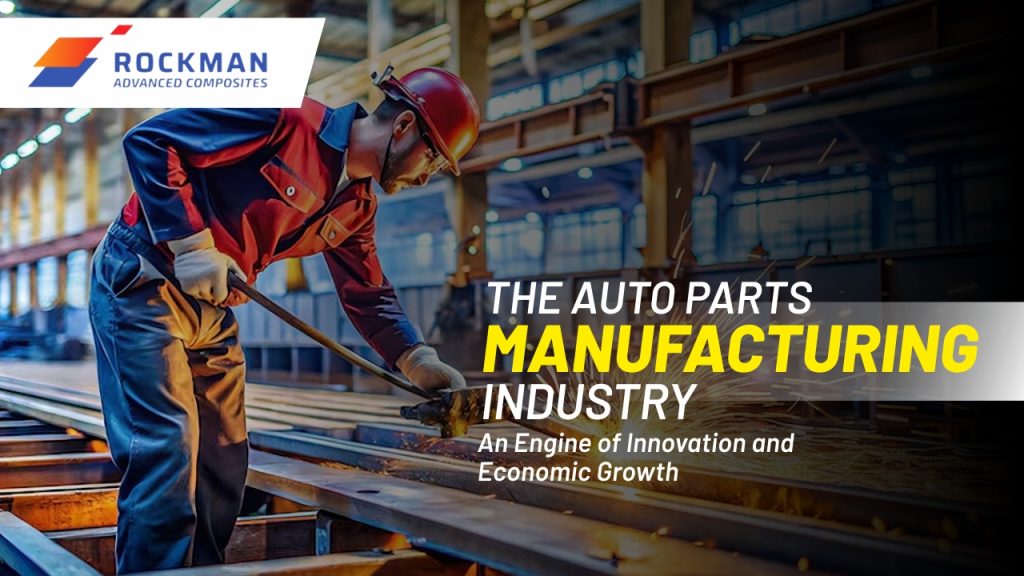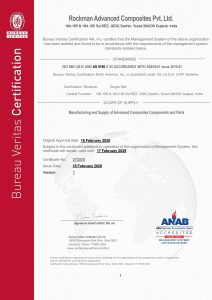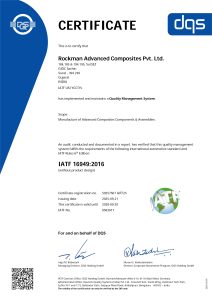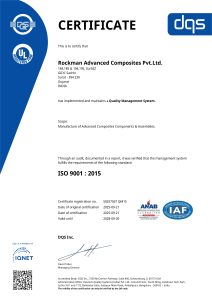The auto parts manufacturing industry in India is expected to grow to $200 Billion by 2026 as per a report. The auto part industry is a leading driver of technological advancement and macroeconomic growth in the country. This auto parts industry is the backbone of the automotive sector and plays a significant role in the country’s economy. There is a growing demand for efficient and high-quality auto parts due to the increase in demand for technologically advanced and feature-rich vehicles. This industry is responsible for supplying all essential auto parts ranging from braking systems, engines, and transmission systems to lighting, electronics, and sensors that are driving advanced vehicles.
Industry Overview
The auto parts manufacturing industry is a huge market producing billions of auto components for a wide range of businesses, ranging from small-scale suppliers to big multinational companies. This industry manufactures components either for Original Equipment Manufacturers or for suppliers offering auto parts for repair and customization. Due to the increased production of vehicles, the growing trend of electric vehicles and advancement in automotive technology, the auto parts industry is experiencing significant growth. The auto parts market is expected to continue growing at a quick pace.
Key Trends Shaping the Industry
With vehicles becoming advanced and sophisticated, the auto parts manufacturing industry is playing a significant role in enhancing vehicle safety and functionality. The auto parts industry is being transformed due to the emerging technologies and advanced manufacturing techniques that are opening the door for innovation and improvement. Some of the key trends that are shaping the auto parts industry include:
Electrification and the Rise of EVs – Today auto industry is significantly investing in electric vehicles because of the consumer demand for greener solutions and the government implementing stricter emissions regulations. The shift toward sustainability has had a major impact on the auto parts industry. This change is also observed in auto parts manufacturing, as internal combustion engine components are replaced with specifically designed parts for EVs, such as electric drivetrains, battery packs, and regenerative braking systems that are presently at the manufacturing forefront. Manufacturers are in a race to produce durable, efficient, and advanced components that cater to electronic vehicle demands.
Digitalization and Industry 4.0 – The auto parts manufacturing industry is witnessing a great transformation with the advent of Industry 4.0 technologies such as artificial intelligence (AI), the Internet of Things (IoT), and automation. Today smart factories are equipped with IoT sensors, AI-powered robotics, and data analytics tools to allow manufacturers to boost efficiency, reduce waste, and improve product quality. Besides, manufacturers by adopting technologies such as 3D printing and additive manufacturing are creating complex parts with reduced lead times and lower costs. This also allows them to quickly respond to the growing market demands and produce parts with higher precision.
Supply Chain Optimization – Today, auto parts manufacturers are optimising and re-evaluating their supply chains and are also adopting strategies to enhance resilience. They are getting ready to address supply-chain disruptions due to any reasons that can lead to factory shutdowns, material shortages, and shipping delays. Manufacturers are emphasising building highly flexible and agile supply chains to handle future disruptions. They are diversifying supplier networks and relying on digital supply chain management tools to facilitate real-time monitoring and forecasting.
Sustainability and Green Manufacturing – The auto parts industry is focusing on sustainability amidst climate change and environmental degradation. The auto parts manufacturers are switching to eco-friendly and green manufacturing processes by using renewable energy sources, reducing energy consumption, using recycled material in production, adopting water-saver technologies, and reducing wastage. Today, the auto parts industry is manufacturing auto parts that are durable, reusable, and recyclable minimizing the industry’s environmental footprint.
Future Outlook
The auto parts manufacturing industry’s future looks bright and prosperous due to continued innovation and technological advancements. The auto parts industry is going through a major transformation with the rise of electrical vehicles, automatic driving technologies, and the increased use of electronics in vehicles. The auto manufacturers are demanding more sophisticated auto components and hence the auto parts industry will need to invest in research and development to cater to their needs and stay at the cutting edge. Besides, both the government and customers are encouraging greener products and practices and currently, there is an increased focus on sustainability. Auto parts manufacturers are adopting sustainable materials to improve energy efficiency and reduce emissions in their manufacturing processes.
Recap
The auto parts manufacturing industry is an evolving and essential sector that is catering to the demands of a rapidly changing automotive industry. By embracing new technologies, improving supply chain resilience, and prioritizing sustainability, the industry is well-positioned to thrive in the years to come. As the automotive world shifts toward electrification and autonomy, the importance of the auto parts manufacturing industry in driving innovation and economic growth cannot be overstated.








